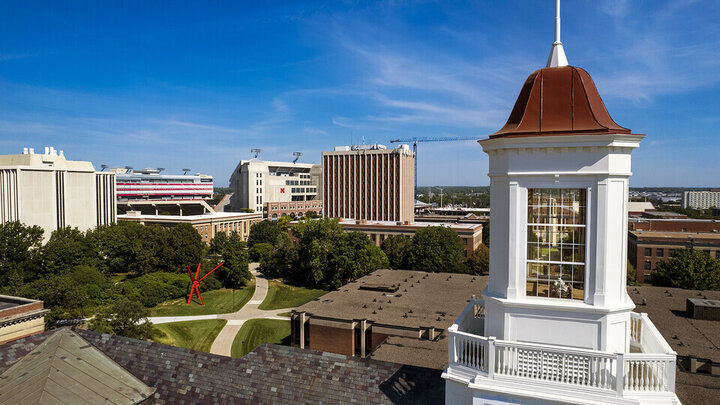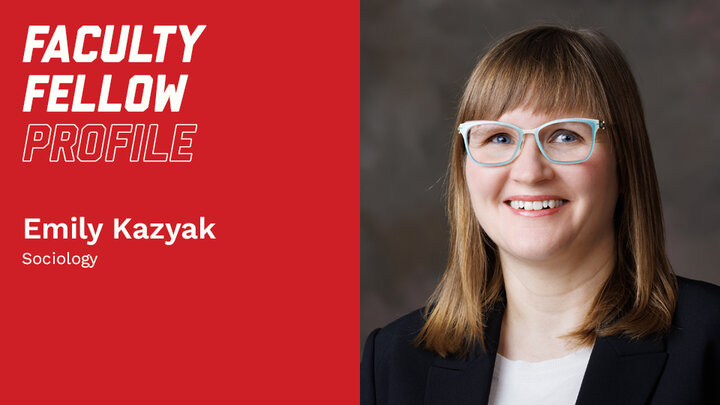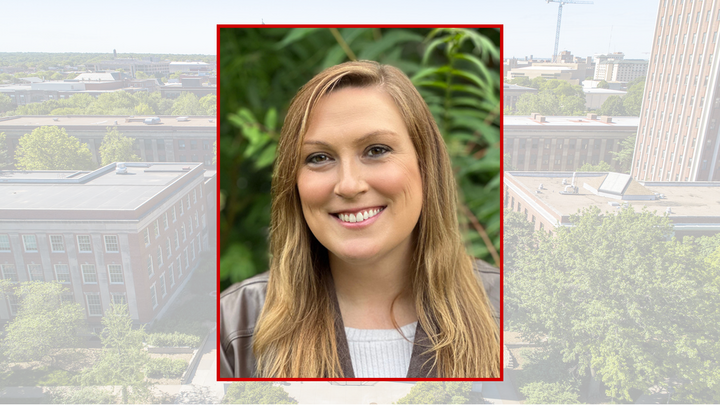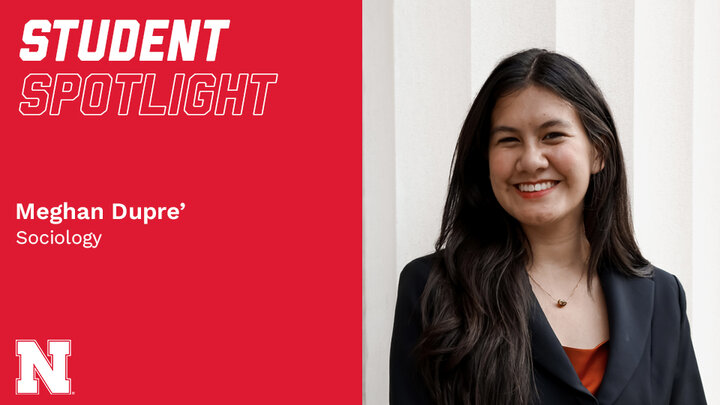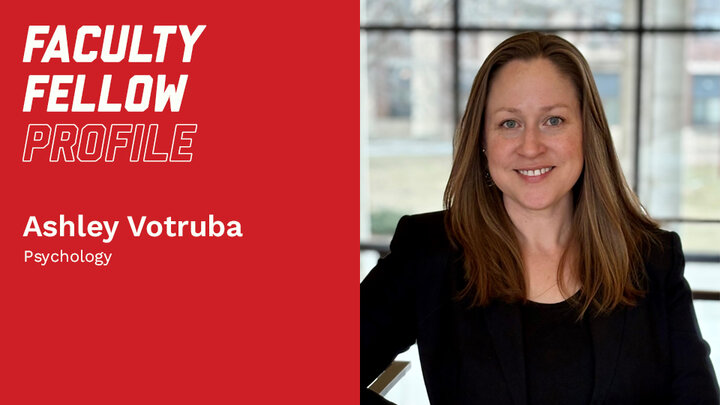Major: English
Minor: Human Rights and Humanitarian Affairs
Natasha Naseem, UNL Class of 2018, is a woman who takes her human rights education to the streets of Lincoln. While at UNL, she was a fellow at Organizing for Action, and was a member of the 2017-2018 Innocents Society. HRHA is especially proud of her because she parleyed her required experiential learning course, during which she interned at Collective Impact Lincoln, into a job after graduation. Read more about how she did that, what she's up to now, and what lights her fire.
What was your career path after you got your UNL degree, and what are you doing now?
After graduating, I started working at Nebraska Appleseed as a community organizer for the Collective Impact Lincoln project. Our team worked in a coalition (with Civic Nebraska and South of Downtown Community Development Organization), going door-to-door in neighborhoods across town to learn what people want to improve in Lincoln, and to have them join the process of making those improvements a reality. Housing affordability and adequacy issues were of major concern, as well as safety, transportation, immigration, healthcare access, and even media representation. In my time at Appleseed, we helped pass a city ordinance as a first step to address the housing shortage in Lincoln, worked on local, state, and federal policy advocacy, developed curriculum for new Nebraskans to connect to city resources, and knocked on hundreds of doors in between.
In August, I returned to school and am in my first year at the University of Nebraska College of Law, with many fellow HRHA alum. I also continue to serve on the Board of Directors for the ACLU of Nebraska.
How did your education in human rights and humanitarian affairs shape the work you do now?
I began interning for the Collective Impact Lincoln team as my HRHA capstone, and after graduating, I had the opportunity to continue with the team full-time. The most fulfilling professional experience of my life is owed to the opportunities the HRHA program afforded me. Human rights work can seem very broad, perhaps especially so when you’re in the classroom. I feel strongly that the educators in our university’s faculty helped me develop the skills to focus on the work all around me, here in my community. I’ve seen neighbors become comfortable engaging at City Council meetings and community events to advocate for solutions to local issues; I see that as just as important a step for human rights advancement as work happening nationally and globally.
Personally, my goal at the end of law school is to work in immigration law, to help provide the safety and assurance that my family relied on to grow our lives in Lincoln. It will be a privilege to stay where I have grown up, and work with neighbors and families like those I have met as an organizer who deserve access to all the tools available for their security and growth.
What was the most important lesson you learned at UNL?
Take action. It used to be very challenging for me to speak up and voice my perspective, and sometimes even more difficult for me to hear perspectives that I felt invalidated me or made me feel I didn’t belong. It became a pretty vicious cycle. I realized these insecurities were in effect my passivity and inaction, which I am accountable for, and at a point I needed to step up. At UNL, amidst a lot of local and national challenges, I saw students grow as leaders to communicate with university administration and with one another. It takes initiative to combat hesitation and find solutions, and I’m proud to have know students and faculty who remain dedicated to this.
When you need inspiration, where do you turn?
In all honesty, the Lincoln Journal Star. Our city is a world of its own, and I love reading our stories.
Human rights work is often difficult. What do you do for self-care?
I have family and friends who inspire me and one 11-year-old sister who holds the title of ‘best friend forever.’ I’m grateful to have a support system that helps me take steps forward on days when learning or working for a cause have felt more like numerous steps back.
What current human rights issue have you been most closely following?
I don’t think I’m alone in feeling concerned and unnerved by the deaths and human rights violations taking place in ICE detention facilities. I would love to learn more about the intersections of the climate crisis and its projected effect on asylum-seeking and industry.
What is your life’s work?
My favorite quote from Maya Angelou is “Love liberates, it doesn’t bind.” I feel it is my duty to work hard for others, to try to afford them the freedom, care, and peace of mind I have been blessed by all my life. Those acts of liberating love are what my life is all about.
